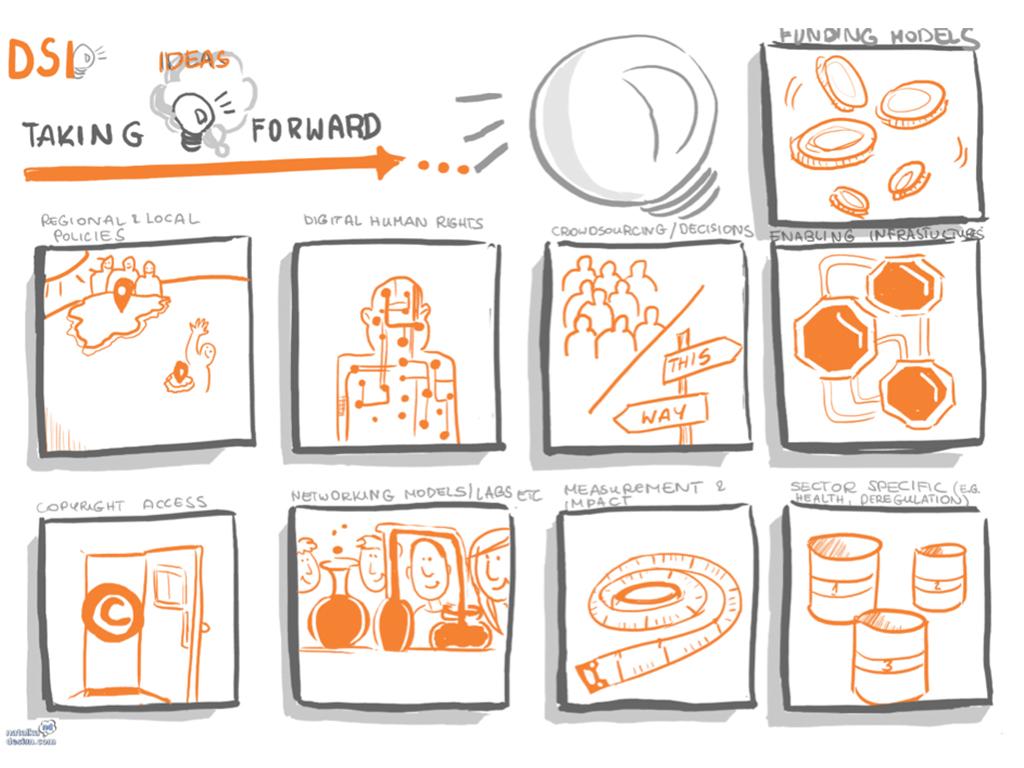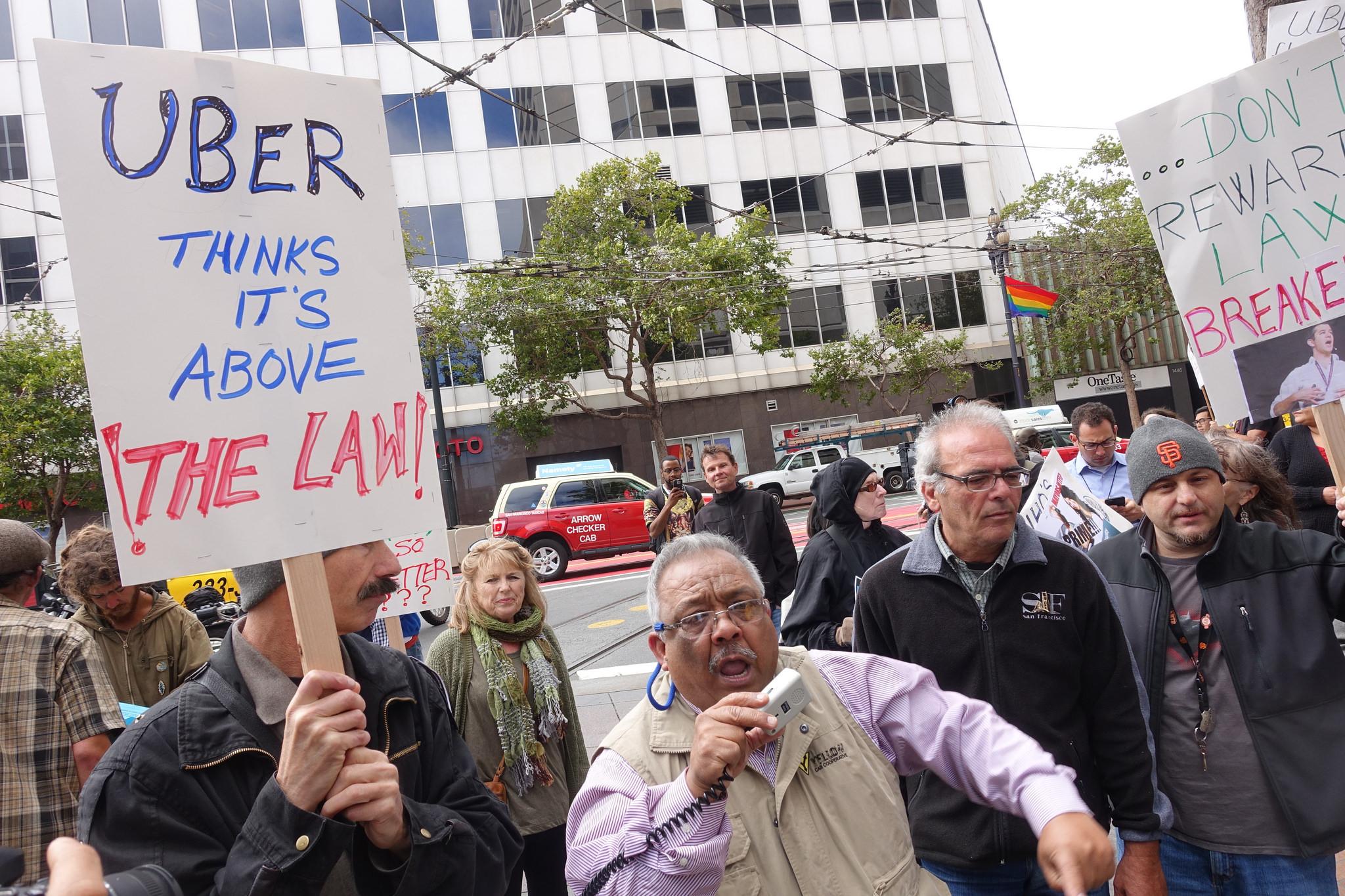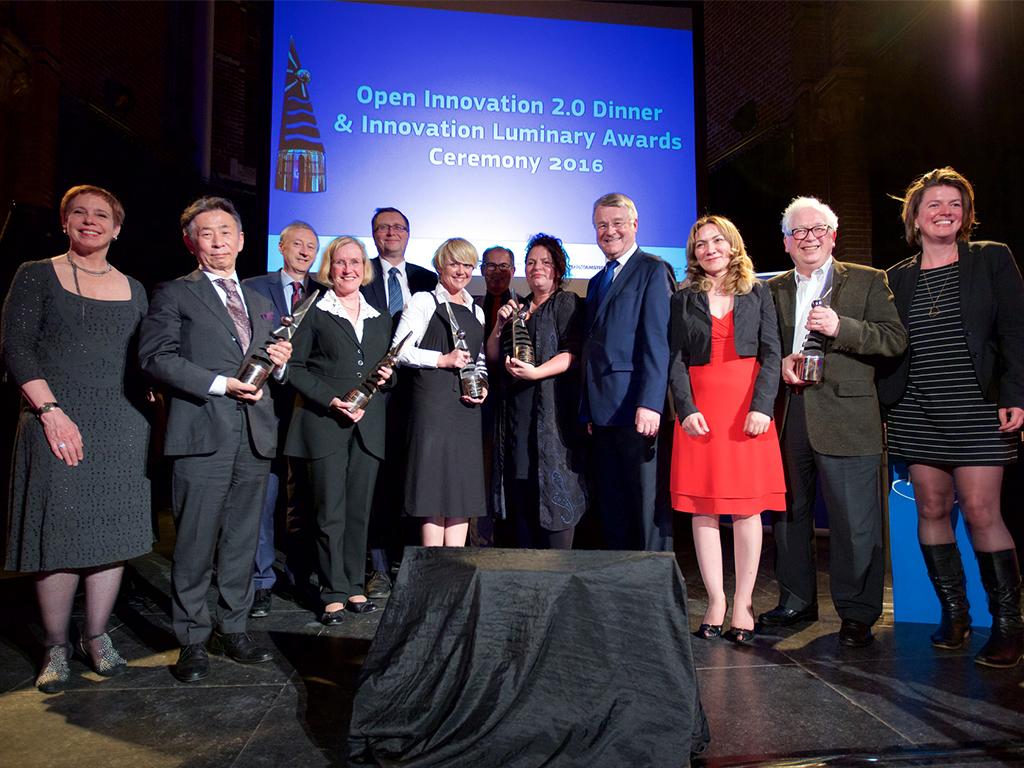We have been involved since 2013 in the Digital Social Innovation research project. The European Commission has funded the project to build a living map of organisations that use digital technologies for social good. As part of the project, we want to explore the different organisations we came across during our research.
Local initiatives with global impact
In this post, we will introduce five examples of ‘glocal’ digital social innovators. These organisations are creating bridges between local issues and a global group of participants in innovative ways.
The Food Assembly (France)
The Food Assembly initiative was launched in 2011 with the objective of finding new ways to source and sell local food products. The platform connects producers and communities of consumers that set up weekly online sales and events to collect their orders. Assembly leaders start groups and re-create social connections in their neighbourhoods. The initiative started in Toulouse, France and has expanded to Belgium, Germany, Spain and UK. 'The Food Assembly' currently links 2,300 producers to nearly 50,000 consumers.
Slow/d (Italy)
Slow/d is platform that allows product designers and artisans to produce locally and sell their wares online. Designers can upload their projects to be produced by registered artisans and then gain royalties on the resulting products. Artisans can access a vast catalogue of projects made by professional designers, and can sell a new range of products both online and offline. Clients can access the e-shop and get their object designed by a professional and produced by a local artisan. 'Slow/d' currently connects more than 700 designers and artisans.
Let’s Do It! (Estonia)
Let’s Do It! is a movement started in 2008 when 50,000 people collectively worked on cleaning up illegal waste in Estonia. Since then, the movement has expanded into the World Clean Up, with 111 countries and 198 clean-ups organised so far. Everyone can contribute to the creation of the World Waste Map, the ugliest map ever, through the website or mobile apps. Once a year, national or local groups organise clean-ups, using the maps to efficiently collect the illegal waste. 'Let’s Do It!' empowers local reporting, creates global mapping and supports collective actions.
Provenance (UK)
Provenance is a newly founded platform for shoppers that want to know where, how, and by whom products are made. Through Provenance, makers that want to be open and transparent about their manufacturing and supply processes can help shoppers make better choices. Thus, it helps to make the gap between the buyer and the maker as small as possible. Starting in the UK (but already expanding in Europe and elsewhere), Provenance aims to restore the connections between makers, sellers and customers.
1%Club (Netherlands)
1%Club is an online crowd-funding platform for social good. This initiative represents a new model for international cooperation, directly linking worldwide individual donors to specific projects either in their local area or in developing countries. The platform also allows individuals to get directly involved in the projects by performing specific tasks beyond donations. Since 2008, more than 500 initiatives in 69 different countries have been crowd-funded by the '1%Club'. The goal is to change the world by summing up small ideas, 1% at the time.
Are you a social innovator?
These five examples are just a small part of all the organisations that have joined our project. More than 400 organisations have been added to the map. Are you, or do you know, a Digital Social Innovator? If so, please put your initiative on the map at the Digital Socival Innovation website!
This blog is part of the Digital Social Innovation study lead by Waag, NESTAand Esade Business School. The study maps Digital Social Innovators in Europe and beyond.


